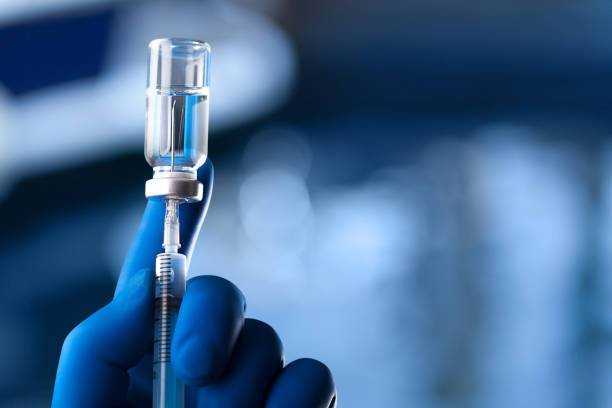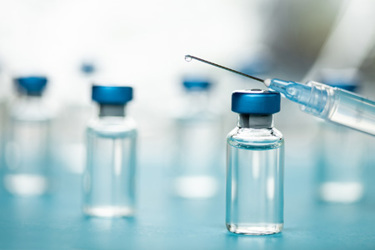Syringe Manufacturers
Are you in search of Syringe Manufacturers in Australia? Your search ends here! Businessetu showcases a range of leading Syringe Manufacturers from India, connecting you with reputable suppliers renowned for their quality products and competitive prices. India's expertise in healthcare manufacturing and adherence to international quality standards ensure safe and reliable products for medical use. Strengthened trade relations between India and Australia streamline the import process, ensuring seamless procurement and timely delivery of syringes. Whether you need disposable, safety, or specialty syringes, our platform offers comprehensive options for medical device solutions. Explore the benefits of sourcing from India and connect with trusted manufacturers today to meet your medical supply needs efficiently and affordably.

Product Specification of Syringe Manufacturers
| Specification | Details |
|---|---|
| Product Name | Syringe |
| Type | Disposable, Sterile |
| Material | Medical Grade Polypropylene (PP), Polyethylene (PE) |
| Volume | Common volumes: 1 ml, 2 ml, 5 ml, 10 ml, 20 ml, etc. |
| Needle Gauge | Standard gauges: 18G, 21G, 23G, 25G, etc. |
| Needle Length | Standard lengths: 1/2 inch, 1 inch, 1.5 inch, etc. |
| Needle Hub Color | Color-coded for easy identification |
| Plunger | Smooth and easy-to-operate |
| Graduation Markings | Clear and accurate markings for precise dosing |
| Sterilization Method | Ethylene Oxide (ETO) Sterilization |
| Packaging | Individually packed in blister packs or bulk packaging |
| Compliance | Conforms to ISO 7886, US FDA standards, and other relevant regulations |
| Shelf Life | Typically 3 to 5 years from the date of manufacture |
| Usage | Medical Injections, Vaccinations, Blood Draws, etc. |
